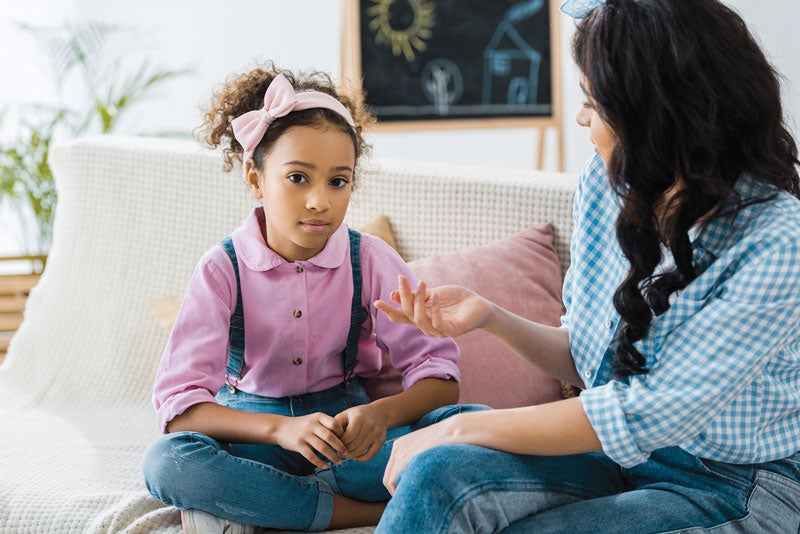Helping children cope with COVID-19
Published 7:34 am Monday, March 23, 2020

- As parents, teachers and other adults in the lives of children, it’s up to us to reassure and educate them in the most honest, compassionate way possible. --Courtesy Lightfield Studios
|
Getting your Trinity Audio player ready...
|
By Green Shoot Media
It is very important to remember that children look to adults for how to react during stressful times. With the COVID-19 virus gaining international media attention, information about the pandemic is everywhere.
If parents seem overwhelmed with the situation, children will naturally react in the same way. As parents, teachers and other adults in the lives of children, it’s up to us to reassure and educate them in the most honest, compassionate way possible.
Tips on Interacting with Children
Here are some tips on talking about COVID-19 with your children or students, according to the National Association of School Psychologists.
• Remain calm and reassuring.
• Make yourself available.
• Avoid excessive blaming.
• Be aware of their exposure to the news.
• Maintain a normal routine, if possible.
• Be honest and accurate.
Handling Children’s Anxiety
What you say and do about COVID-19 can either increase or decrease your children’s anxiety levels related to the virus and the news they are hearing. Remind them that you and the adults at their school or daycare are there to keep them safe and healthy.
Always let your children talk about their feelings in a safe way. This will help them get things into the open and allow for opportunities for you to educate them on what’s going on.
Model Basic Hygiene
The NASP recommends you teaching children the following hygiene measures:
• Wash hands multiple times a day for at least 20 seconds (the time it takes to sing “Twinkle, Twinkle Little Star” slowly).
• Cover mouths with tissue when sneezing or coughing and throw away the tissue immediately, or sneeze or cough into the bend of the elbow.
• Do not share food or drinks.
• Practice giving fist or elbow bumps instead of handshakes.
Carry on With Normal life
Encourage your child to eat a balanced diet, get enough sleep and exercise regularly. Not only will this give them comfort during disruptions, but it will help their immune system stay strong.
Going along with this guidance, you should also take the time to talk with your children. Don’t go out of your way to avoid conversations related to COVID-19. If they have questions, be ready to give them educated answers and advice on dealing with any inquiries they may have.





